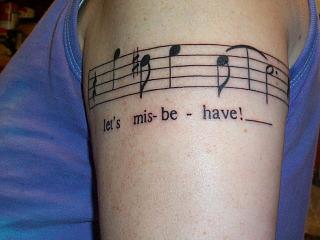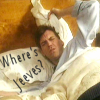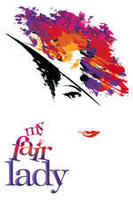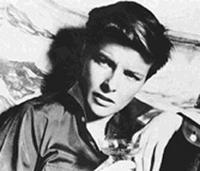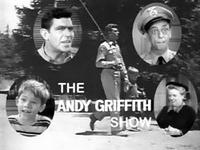And now for something completely different...
I just read about The Aristocrats in the August 6 issue of Entertainment Weekly. I haven't seen the film, and I'm unlikely to until it's out on DVD because I just doubt any theater in Nashville is going to show a film that has comedians telling the dirtiest joke ever for 87 minutes.
It's a documentary of sorts, featuring clips of dozens of comedians telling their crudest versions of a joke called "The Aristocrats." The premise of the joke is that a guy walks into an agent's office and says "Have I got an act for you" and describes a "family" act that is as foul as the comedian telling the joke can make it. The punchline is when the agent asks what the act is called and the comedian says "The Aristocrats."
So, Paul Provenza and Penn Jillette have taped folks from Andy Dick to Phyllis Diller and from Bob Saget to Whoopi Goldberg and from Jon Stewart to Gilbert Gottfried, all telling this amazing joke in their own "special" ways. Apparently, everything from scat to to fetus in the womb is covered, leaving critic Owen Glieberman to describe it as a film that shows us "how much the minds of comedians resemble those of serial killers, child molesters, and babies happily smearing their bassinet walls with poo." The joke itself emerges as a "bebop monologue of hideous kink" containing details "so gross and sadistic and perverted and horrific (not to mention criminal) that I would be hard-pressed to find euphemisms for most of them in this review. Incest, bodily excretions, rape, murder. They're all there, and all in good fun!"
Now I know full well that this film is going to offend and disgust me. There is no question that some of the comedians are sexist pigs who will use the opportunity to get out their misogyny. Am guessing the racism will be kept to a minimum, but am sure my gag reflex will be tested sorely. But I'm absolutely thrilled this film--like John Waters' recent return to his glory days A Dirty Shame--has been made.
Bless the First Fucking Amendment and those who keep it as close to in tact as we can in this political day and age! Such films, even when they annoy or offend me, help me in my anti-censorship heart and soul feel there is hope for this ol' nation yet!
View the trailer here and enjoy...even though it's an entirely PG-rated clip.
